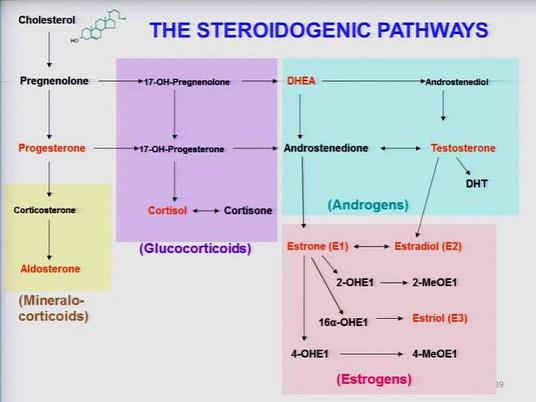hmmm....I am not a big fan of using libido as a health metric. After all, what are we talking about exactly? lust? sexual preoccupation? unsatisfied sexual hunger?
These are not positive attributes in my view. They distract one from focusing on higher hierarchical needs as indicated by Maslow's hierarchy. Many people with 'healthy libido' in the West become owned by it, at the expense of cultivating intellectual power, empathy, responsibility to family and community, personal growth.
The west focuses way too much on sex in the view of many including me. I think the more industrious and fulfilled one is in other areas of life, the less obsessed one is with sex drive.
From a purely biological perspective, sex is PRIMARILY for procreation, and I think it is totally appropriate that libido ease once one has children to mould into creative beings. Some argue against this, but they are denying the biology.
Further, what constitutes a 'healthy' libido is not consistent across the world. Asians in general are not as sex conscious as Westerners. And neither were our forebears. When one has a full work load to occupy them, sex takes more and more a back seat. So in some respects, sex plays more so in idle minds. I have found it true that the more constructively productive a person, the less they are troubled by sex drive.
I explored Eastern philosophies/religion (and Western) when younger, and spent a lot of time with yogis and monks. No matter their background, the truly genuine ones advised against engaging in sex for anything other than procreation. It's something I innately feel is right. However, I know that is draconian and goes against Western 'culture'.
In my view, the greatest expression of love is not making love, but helping another realize their full potential.
And basic trust and respect of the opposite sex is very much dependent on not sensing another's libido interferes with their cognitive and ethical qualities.
Anyway, sorry for the rant. It's not a judgement on others' views. I just see so much of Western civilization's issues relate very much to libido.
As for dietary fat, note the steroidogenic pathway which highlights all sex hormones originate from cholesterol.

Further, any physiological stress tends to dampen libido. acute pain is perhaps the strongest, dieting/fasting, significant life stressors. This is well explained in that we evolved only to reproduce when we had more basic survival needs met.




